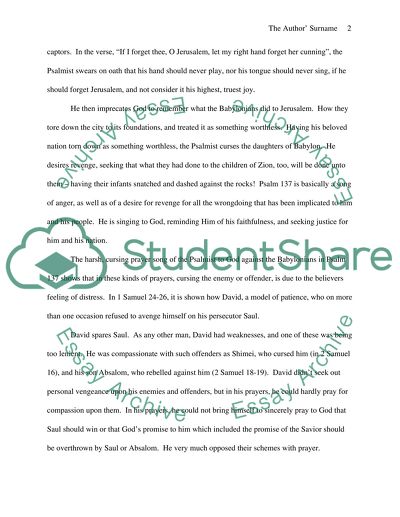Cite this document
(“Forgetting Jerusalem from the Bible to Faulkner Essay”, n.d.)
Forgetting Jerusalem from the Bible to Faulkner Essay. Retrieved from https://studentshare.org/miscellaneous/1506611-forgetting-jerusalem-from-the-bible-to-faulkner
Forgetting Jerusalem from the Bible to Faulkner Essay. Retrieved from https://studentshare.org/miscellaneous/1506611-forgetting-jerusalem-from-the-bible-to-faulkner
(Forgetting Jerusalem from the Bible to Faulkner Essay)
Forgetting Jerusalem from the Bible to Faulkner Essay. https://studentshare.org/miscellaneous/1506611-forgetting-jerusalem-from-the-bible-to-faulkner.
Forgetting Jerusalem from the Bible to Faulkner Essay. https://studentshare.org/miscellaneous/1506611-forgetting-jerusalem-from-the-bible-to-faulkner.
“Forgetting Jerusalem from the Bible to Faulkner Essay”, n.d. https://studentshare.org/miscellaneous/1506611-forgetting-jerusalem-from-the-bible-to-faulkner.


